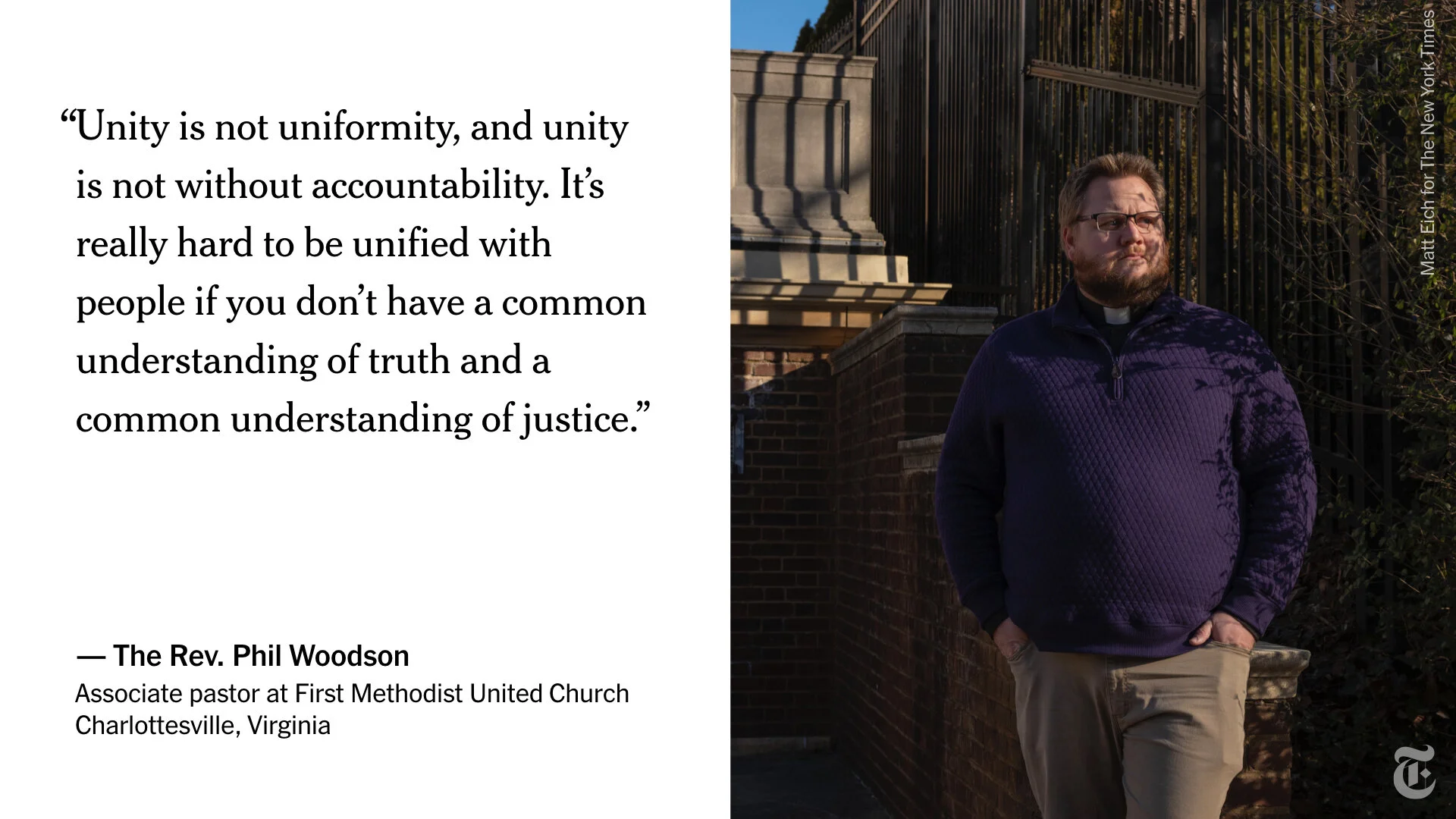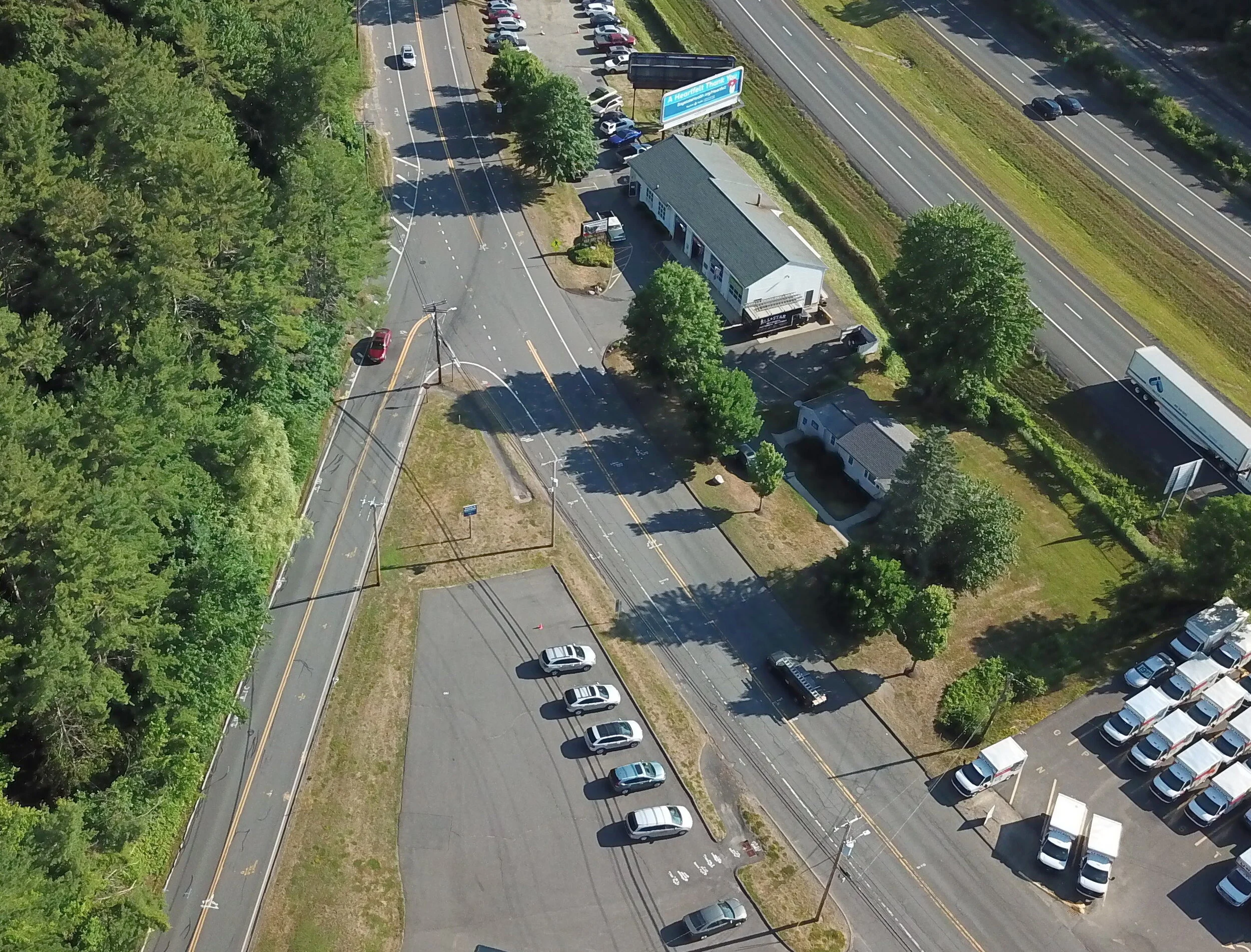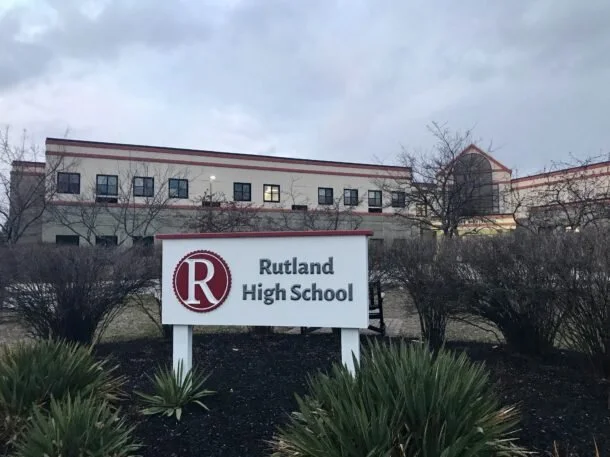A Map of New England, Being the First That Ever Was Here Cut
Canadian ethnographer Gordon Day has amply documented the origin, meaning, significance, and application (and mis-application) of this referrent (and its more modern derivative of Sokoki).
The important understandings to keep in mind about this English mapping of Squakheag/Squakeag/Sokwakik are at least several…
Testimony Before VT House Natural Resources Committee
Given on February, 2021, at 10 am, by request of the Committee Chair Rep. Amy Sheldon
Testimony by Rich Holschuh of Atowi Project and Elnu Abenaki at 1:00:00 into the video archive.
297 Years Ago: Fort Dummer February 3, 1724
On this day - 297 years ago, February 3, 1724 - the active British colonization of #Wantastegok in Abenaki homelands was begun. The building of Fort Dummer started in the dead of winter.
Welcome Advice Shared from Odanak Chief Rick Obomsawin
We need to shift our focus and bring it back to the hub, the heart of our Nation. We must work together so our people can thrive, no exclusions. We must continue to restore the broken pieces of our heritage. A heritage so indecently disturbed by a “civilized world” that saw no value in respecting our different reality. Let’s do better.
What Does the Decolonization of Justice Look Like?
Justice is not the separable province of one group or another; it requires the full accountability and accommodation of all communities, together. To conduct ourselves otherwise is to repeat the oppressions of injustice - this is the decolonization of what often passes for justice.
Deconstructing the Construction
To illuminate the scene, some brief analytical commentary upon a single sentence from one of the articles follows. Why does this matter? Because public perception, inextricably linked with public policy, is driven by the media and its presentation of information. It is critical and it usually falls far short in promoting understanding. This is the only way that change can be navigated.
Pebonkas: Winter Maker Moon
The last full moon of the Western Abenaki solar year is the Winter Maker, Pebonkas, following the preceding month of Mzatanos, the Freezing Current Maker. Another name for this moon is Kchikizos, the Great Moon. Within this cycle, the shortest day and the longest night of the year approached on the Winter Solstice, on December 21st. Bare trees are silhouetted against the crystal blackness as Nanibosad or Nanipôssat, the all-night walker, crosses the sky world in all her glory.
Wantastegok - the Language and the Land
“The secrets of our culture lie hidden within our language.”
-Joseph Elie Joubert, Abenaki elder, teacher, and author
Tôni Kizos Wazwasa – the Winter Solstice
Among the Abenaki people, the winter solstice signals the imminent approach of the new year, at the next new moon. As elder Elie Joubert has told us, this time is known as “Peboniwi, tôni kizos wazwasa” – “In winter, when the sun returns to the same place.”
Mount Wantastiquet and Making Place
Wherein we pull together some local references, with some further afield, and some discussion as to the significance of mountains and mountaintops to indigenous ways of being in relationship to place, especially certain mountains associated with certain landscapes. Keeping in mind the essence of indigeneity as an understanding of the people and the land as one entity, these places close to the sky have sacred significance and are often reserved for ceremony and ritual. Specific knowledge of these places may understandably not be a part of the historic record…
Rutland Mayor: Hasn’t Heard Any Dissent from Indigenous People
The mayor said he believes most Rutland City residents oppose the change. When asked how statements from Native tribes who advocate for abolishing mascots with Indigenous names and imagery should factor into the decision-making of elected officials, Allaire said he hasn’t heard any dissent from Indigenous people.
“I have not been contacted by any Native American group or anyone else to advocate one way or the other,” Allaire said
Rutland Raiders Debate: Ask the Abenaki
The debate around the Rutland Raiders mascot is becoming more heated, as do most community discussions on this topic. It’s not occurring in a vacuum or out of nowhere. Many other school districts across the country, beside Rutland, have faced a similar examination, because there is commonality in the circumstances that have led to the situation.
And, likewise, there is remarkable similarity in the reactions and opinions that result. Recognizing this, it is worth noting the common ground that points toward broader understanding and, subsequently, informed decisions. If we can be honest with each other and engage as neighbors, and as basic human beings, then we can create a vital community … which is the entire point of a shared identity icon such as a mascot.
What’s In a Name?
A question was posed recently, publicly, from a concerned individual. To paraphrase: would there be support for a decolonizing initiative - by this person - to change the name of Brattleboro (and its accompanying official seal) to Wantastegok? This type of situation comes up not infrequently. It seems appropriate to make a public reply in kind, by way of making clear the principles of our responses.
Implementing H.880 - Act 174: an Abenaki Lens on Sweet Pond State Park
H.880 “An act relating to Abenaki place names on State park signs” was passed into law as Act 174 this year. It requires the Vermont Department of Forests, Parks and Recreation to list the Abenaki place name for sites within State parks on signs within State parks. The Commission on Native American Affairs (VCNAA) must provide the Commissioner of Forests, Parks and Recreation with a list of places with Abenaki names by March 15, 2021. The VCNAA has begun this compilation; I was asked if I could contribute advice for Sweet Pond State Park in Guilford, as it is proximate to Elnu Abenaki, and will be the first to receive new signage. The following is an example of how this work might be undertaken.
Kwenitekw, The Long Story
It is a traditional understanding that Creation is continual – the only constant is change. What we see now was once something else, and what may come afterward will only be known when it is here. All that we encounter is made of the same substances… combining, recombining, transitioning, growing, fading. It has all “always been here” and it is still here. We are each a part of everything else in this whole we call Creation, in a very pragmatic manner, and even now there is change underway: things will be different afterward but Creation continues.














